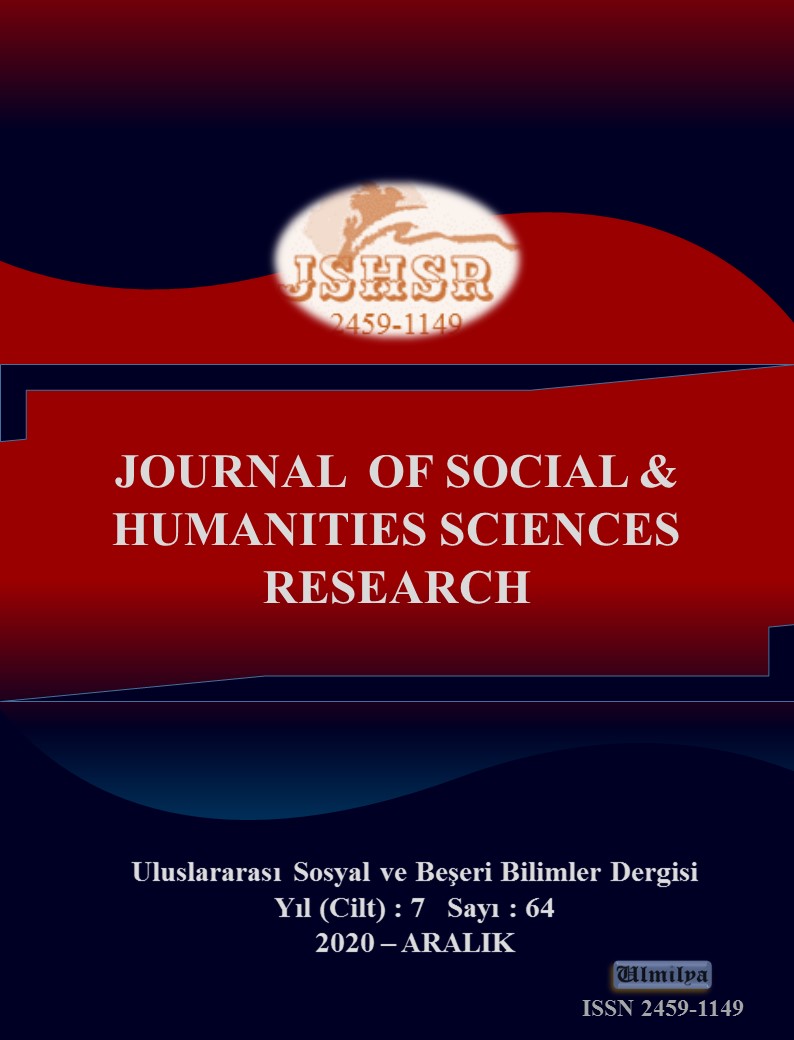POLITICAL CLIMATE IN TURKEY
DOI:
https://doi.org/10.26450/jshsr.2258Keywords:
Climate Change, Climate Politics, Central and Local GovernmentsAbstract
Human beings have been living with nature since their existence and benefit from the resources offered by nature. Human beings, who use natural resources on their own initiative, continue to consume these seemingly endless resources and consequently cause irreparable environmental problems. Today, the most important environmental problem that concerns the whole world is climate change. In recent years, climate change has frequently been on the national and international agenda. Climate change is discussed under many headings such as "causes of climate change, weather events, disasters, climate, weather events, climate effect, greenhouse gas emission, the effect of human factor" and both national and international congresses, conferences, seminars, meetings, panels. It is spread scientifically by means. While climate change is a natural phenomenon that has existed for centuries, today's change is important in terms of both being faster than the past and having a great impact on humanity. Unusual weather events detected in recent years and occurring in many parts of the world threaten the lives of all living things and the socio-economic development of societies. In this study, conceptually, climate change, global climate change and the indicators of global warming (such as greenhouse gas emissions, CO2 emissions) are tried to be presented. In addition, greenhouse gas emissions that affect climate change and its effects on Turkey, Turkey has been demonstrated that the international climate change policy is in place and what national policy dimensions of climate change. Finally, climate change policies were evaluated in terms of central government and local governments
Downloads
Published
How to Cite
Issue
Section
License
Copyright (c) 2020 INTERNATIONAL JOURNAL OF SOCIAL HUMANITIES SCIENCES RESEARCH

This work is licensed under a Creative Commons Attribution 4.0 International License.


